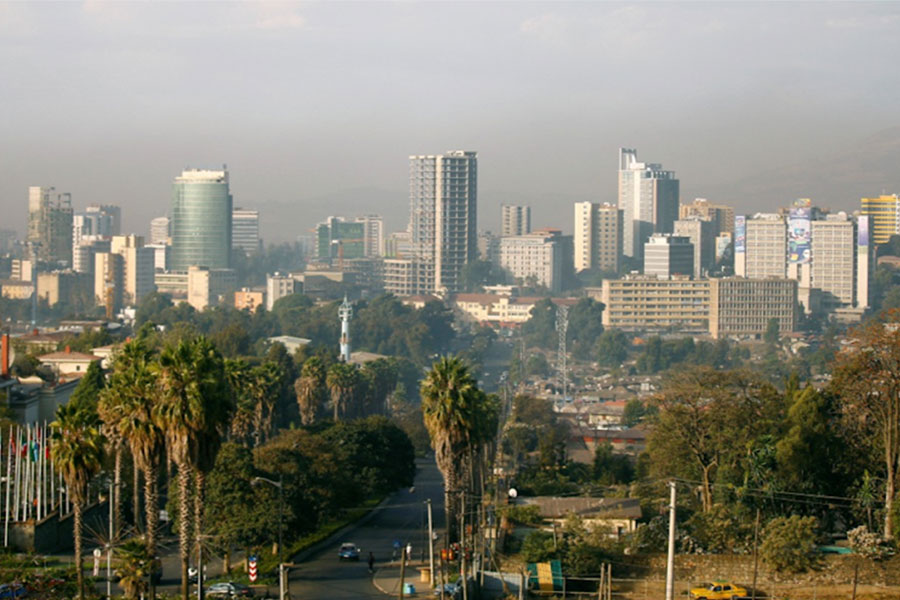
Ethiopia’s official creditors expect to finalise a draft restructuring of the country's debt in the coming months, granting the government more time to repay its obligations while avoiding a direct reduction to the initial debt amount. Ethiopia defaulted on its external debt in December 2023, before its leaders announced a preliminary deal in March with its Official Creditor Committee to reorganise 8.4 billion dollars, an essential step in moving beyond sovereign default. Under the agreement, it will secure roughly 2.5 billion dollars in debt service relief over the life of its current International Monetary Fund (IMF) program, which is scheduled to conclude in 2028. “We reduce the stock of debt through an extension of maturities," William Roos, co-chair of Ethiopia’s Official Creditor Committee, told Reuters last week. "Reducing specifically the payments during the IMF programme period.” According to Roos, extending payment timelines, decreasing debt service obligations within the IMF program, and lowering interest rates can cut the overall debt in net present value terms, even without requiring an actual haircut on principal. Ethiopia, restructuring under the G20 Common Framework meant to speed up debt treatment for poorer countries, has faced tensions with investors holding its sole one billion Eurobond. Those bondholders argue that the country merely suffers from short-term liquidity issues rather than a fundamental solvency problem, and they have firmly rejected Ethiopia’s suggested 18pc haircut on the Eurobond. Under the IMF program, Ethiopia should reduce its debt service by 3.5 billion dollars until 2028 to ensure what the Fund deems “sustainable” debt. In February, bondholders challenged the IMF’s methodology, claiming it “artificially” produced a solvency crisis by undervaluing gold and coffee exports. Roos, who also serves as co-chair of the Paris Club of wealthier creditor countries, said the Official Creditor Committee keeps an eye on Ethiopia’s export performance but continues to back the IMF’s analysis.
[ssba-buttons]